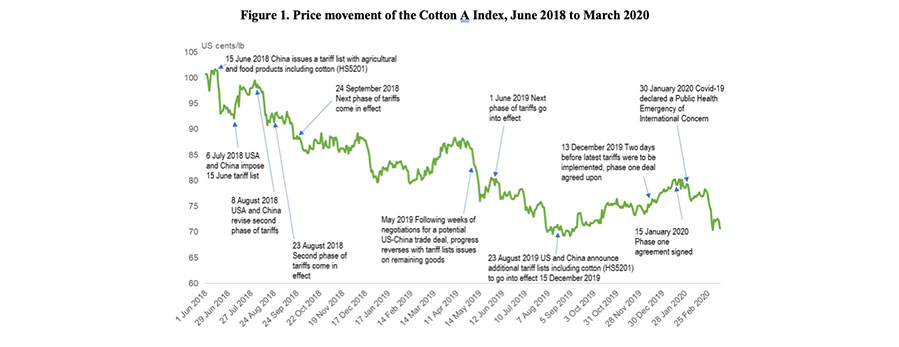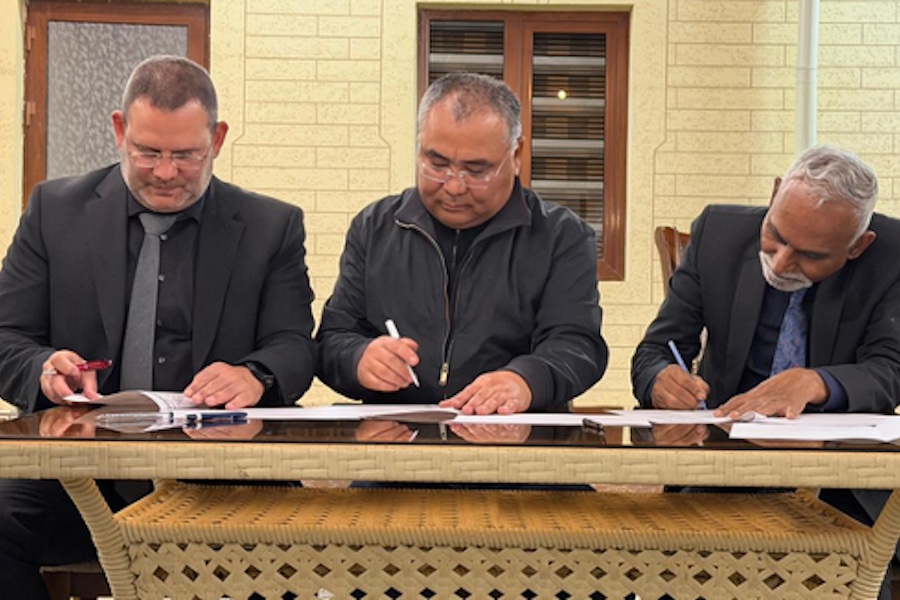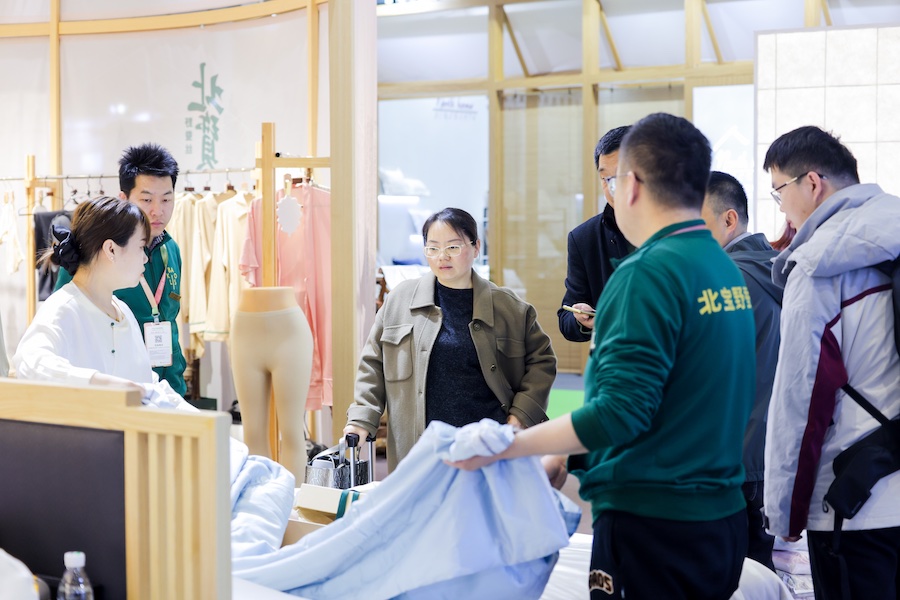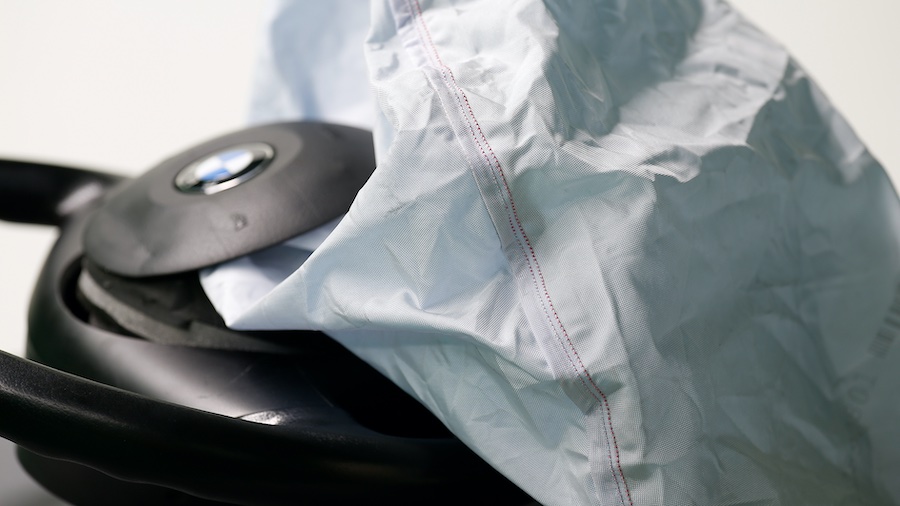#Raw Materials
‘Cotton: Review of the world situation’

- Analysis of the potential impact of the Phase I trade agreement between China and the USA
- An updated review of various governments’ support of cotton production
- The steps needed to reinvigorate the Latin American cotton sector
- An overview of the CSITC and instrument testing of cotton
Each issue of The Review, which is a paid subscription, offers access to one article at no charge. For the March 2020 edition, that article is ‘Possible Impacts of the US China Phase One Agreement’, authored by ICAC Statistician Lihan Wei.
‘Geopolitical tensions in the past 20 months across the globe appear to indicate a move away from globalisation and the renegotiation of trade agreements across major economies’, she explains. ‘If uncertainty and trade tensions are the new normal, prices may remain low’.
The second article, ‘Current Developments in Cotton Support to Production’, was authored by ICAC Director of Trade Analysis Andrei Guitchounts and looks at the actions some governments are taking to support domestic cotton production — particularly the USA and India.
The third article was authored by Adrianna Gregolin, a Regional Coordinator with the FAO, and is entitled ‘The recovery of Latin American cotton depends on restoring inter-institutional coordination in the sector’. It outlines the history of cotton production in the region, why it declined 30 years ago and what steps are required to re-energise Latin American cotton production.
The fourth article in the issue has three authors: Andrew MacDonald, Chair of the CSITC; Axel Drieling, Senior Manager of Cotton, Faserinstitut (FIBRE), Bremen; and Yana Pomerants, Executive Assistant with the ICAC. They explain the many benefits that the industry enjoys when cotton is instrument tested, as well as discussing exactly how the efforts of the Task Force on the Commercial Standardisation of Instrument Testing of Cotton benefit the cotton supply chain — and why all labs should be participating in CSITC Round Trials.
PLEASE NOTE: ICAC has revised its distribution process for subscribers. Sending attachments via email frequently gets that email sent to a spam folder, so links are now provided to allow subscribers to log into their accounts and download documents directly.
https://www.icac.org/Publications/PastIssues?Id=1144














